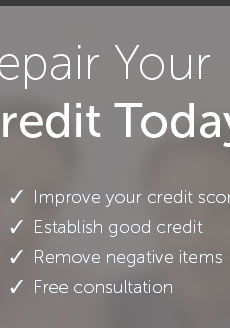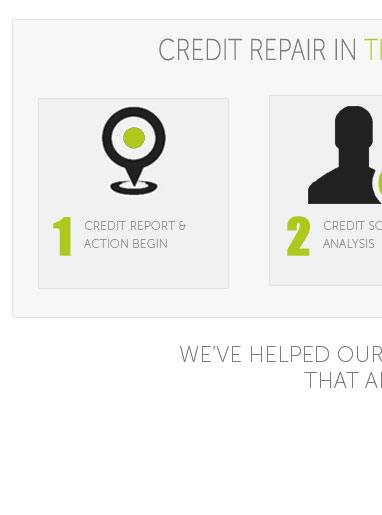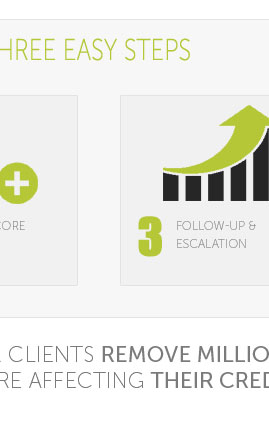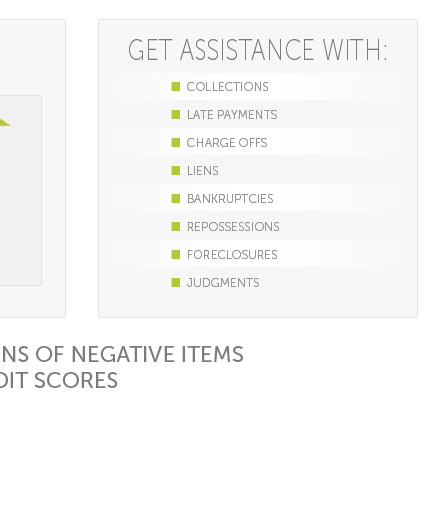 |
|||
|---|---|---|---|
 |
 |
 |
|---|---|---|
 |
||
 |
 |
 |
 |
|---|---|---|
 |
How to Repair Your Own Credit: A Step-by-Step Guide
Repairing your own credit might seem daunting at first, but with the right approach, it's entirely achievable. Whether you've faced unexpected financial setbacks or simply want to improve your credit score for future endeavors, taking the reins of your financial health is both empowering and wise. Let’s delve into the practical steps you can take to mend your credit.
Understanding Your Credit Report
The first crucial step in repairing your credit is understanding what's on your credit report. You are entitled to a free copy of your credit report from each of the three major credit bureaus once a year. Requesting these reports is simple, and reviewing them provides a comprehensive view of your financial standing. Look for any discrepancies or errors that might be negatively affecting your score.
Common errors to watch out for include incorrect personal information, accounts that do not belong to you, incorrect account status, and outdated information. If you spot any inaccuracies, it's imperative to dispute them with the credit bureau immediately. This process, though sometimes lengthy, can significantly boost your score once errors are rectified.
Paying Down Debt
One of the most effective ways to improve your credit score is by reducing your debt. Start by tackling high-interest debts first, as these cost you the most over time. Consider employing the debt avalanche method-paying off debts with the highest interest rates first while making minimum payments on others. Alternatively, the debt snowball method, which involves paying off the smallest debts first to build momentum, can be motivating.
Establishing a Payment Plan
Consistency is key when it comes to repairing credit. Establishing a payment plan that ensures all your bills are paid on time is crucial. Even a single missed payment can negatively impact your score. Set up reminders or automate payments to avoid forgetting due dates. If you’re struggling to make ends meet, reaching out to creditors to negotiate better terms or setting up a more manageable payment plan can provide relief and prevent further damage to your credit.
Using Credit Wisely
Once you’ve begun the journey of paying down existing debt, it's vital to use credit wisely to avoid falling back into debt. Aim to keep your credit utilization ratio below 30%. This means if your credit limit is $10,000, you should aim to keep your balance below $3,000. This ratio is a significant factor in your credit score calculation, and maintaining it at a lower level shows lenders you are a responsible borrower.
Building Positive Credit History
While it’s important to pay off debt, having some form of credit activity is necessary to build a positive credit history. Consider applying for a secured credit card if you have trouble qualifying for a traditional credit card. Secured cards require a deposit, which serves as your credit limit, and using them responsibly can gradually improve your credit profile.
Patience and Persistence
Repairing credit is not an overnight process. It requires patience and persistence. Regularly monitoring your credit score and report helps you track progress and stay motivated. Celebrate small victories along the way, such as reaching a lower credit utilization rate or successfully disputing an error.
Seeking Professional Help
If the process seems overwhelming, or if you encounter particularly stubborn issues, seeking the advice of a certified credit counselor can be beneficial. These professionals can offer tailored advice and assist in creating a feasible debt management plan. However, be wary of credit repair scams that promise quick fixes; repairing credit is a gradual process, and legitimate services will not guarantee immediate results.
In conclusion, while repairing your credit requires effort and dedication, the rewards of financial stability and improved borrowing power make it worthwhile. By understanding your credit report, paying down debt, using credit wisely, and building positive credit history, you can set yourself on a path toward a brighter financial future. With patience and persistence, you’ll see your credit score improve over time, opening doors to more financial opportunities.
Upsolve is a 501(c)(3) nonprofit that started in 2016. Our mission is to help low-income families resolve their debt and fix their credit using free software ...
1. Check Your Credit Report - 2. Dispute Credit Report Errors - 3. Bring Past-Due Accounts Current - 4. Set Up Autopay - 5. Maintain a Low Credit ...
But using services like credit counseling if you're having trouble can actually help you move forward faster instead of setting you back. Completing a debt ...